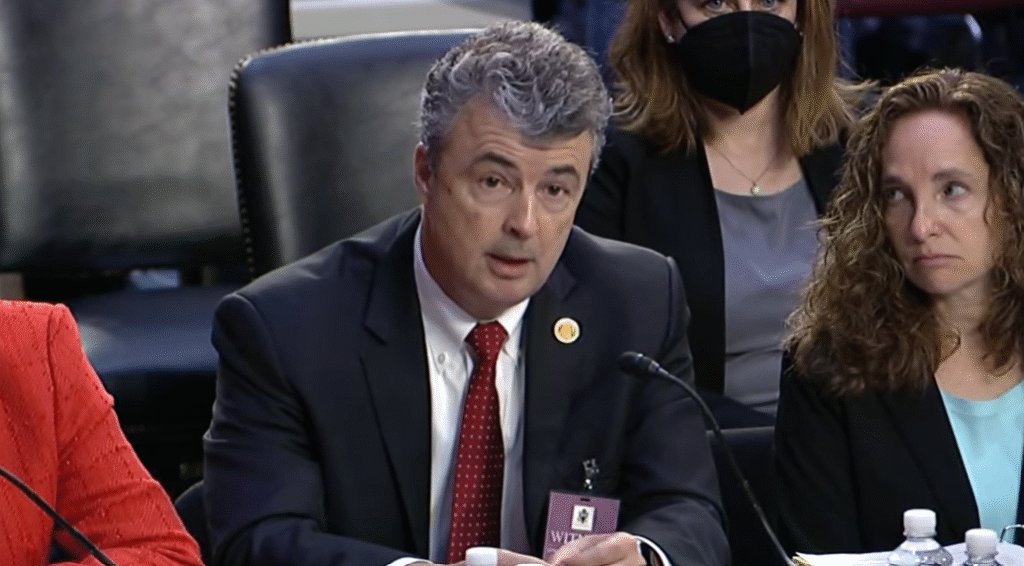Alabama Attorney General Advocates for National Concealed Carry Reciprocity
The Attorney General of Alabama, Steve Marshall, is calling on members of Congress to uphold the Second Amendment rights of Americans, particularly regarding the ability to carry firearms across state lines.
Marshall recently delivered a multi-state letter to the House of Representatives, urging them to pass HR 38, a resolution for Constitutional Concealed Carry Reciprocity. This legislation would allow those legally permitted to carry firearms in their home states to also carry them in other states where concealed carry is permitted.
“Congress has the authority to address this matter and should act swiftly on HR 38,” Marshall stated. “Even though Alabama no longer requires a permit for concealed carry, residents traveling outside our state might still feel the need for permission to interact nationally.”
The constitutional carry law took effect in Alabama in 2023, allowing individuals to carry concealed firearms without a permit.
Marshall, along with 23 other state attorneys general, argued that expanding concealed carry rights for law-abiding citizens enhances public safety while respecting the fundamental freedoms of gun owners.
“Concealed carry is a constitutional right,” the letter asserts. “Allowing individuals to respond to immediate threats when law enforcement cannot intervene quickly can lead to significant public safety improvements.”
It’s important to note that the letter counters criticisms from anti-gun advocates, emphasizing that individuals prohibited from owning firearms under federal law are excluded from these rights. The Attorney General highlights research indicating that those with concealed carry licenses tend to be more law-abiding than the general population.
Additionally, he points out that many of his constituents face legal repercussions for minor technical violations related to licensing or possession, which might be legal in other states. “This situation is unacceptable, and Congress has both the power and the responsibility to protect these rights,” he remarked.
The effort is also backed by letters from other states, including Oklahoma and West Virginia, with support from numerous others like Alaska, Arkansas, Florida, Georgia, Indiana, Iowa, Kansas, Kentucky, and more.







